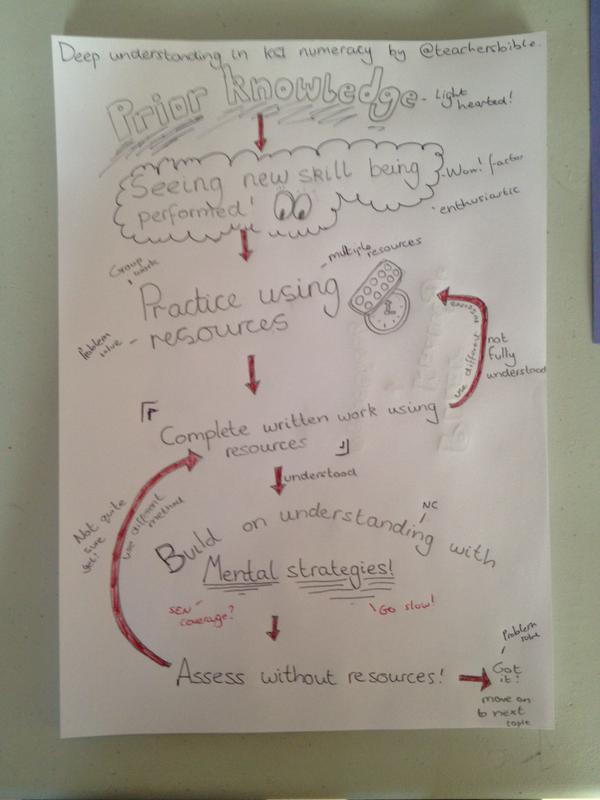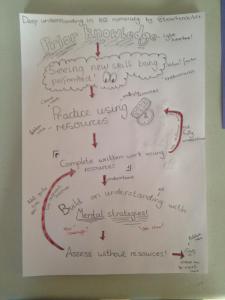Today was the first day this week that I’ve actually been able to run the interventions that I’m timetabled to do – on Tuesday I was in Pine class (Y2), and yesterday I was supervising a Y4 child on internal exclusion in the morning and then went on a trip with Horse Chestnut (Y4). Yesterday made for an interesting day, especially as the senior leadership team (SLT) hadn’t communicated very effectively.
Anyway, today I was back supporting the learning of Y4 and Y5 pupils. Most of my interventions are on a 1:1 basis and focus on reading skills. I also have two 1:1 maths sessions and three groups in the afternoon. Given that I’d missed my planning time earlier in the week I was worried that the day wouldn’t run very smoothly, but it went better than I’d expected. Over the last few months I’ve got into a rhythm and have banked a number of strategies and activities that help me out when planning time has been lost.
One of my favourite games is fast sorting phonemes – it improves phonic knowledge and visual discrimination, both key for fluent and accurate reading. The child will be given multiple copies of two phonemes and they have to sort them according to their sound; for example, the child will be given magnetic letters consisting of 10 ‘a’ and 10 ‘c’ and I’ll time how long it takes them the sort the phonemes whilst saying the sound they make. The game can get clunky when using digraphs and trigraphs, but is still worth playing as an interactive/physical way to learn new phonemes. I can then challenge them to beat their previous time, or add in another phoneme so that they have three phonemes to sort. Saying that, it can get a bit tired and I’m sure there are even better ways to teach phonics in fun and memorable ways, so if you have any suggestions please let me know.
Hopefully, I’ll be able to run my interventions uninterrupted till the end of term so that the children I work with can get some more consistency and get back into the routine of coming and working with me – it still surprises me how much difference a few days off can make to a child’s progress.



